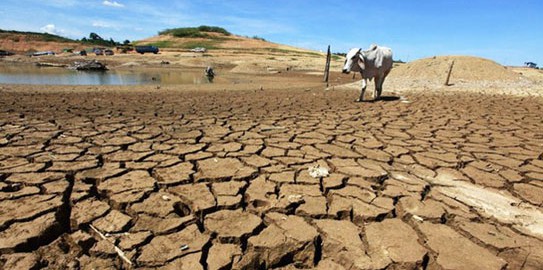As we move closer towards the Paris climate talks, something interesting is happening.
Ever more stakeholders seem to be ready to be part of the solution. Negotiations that were earlier bogged down in zero-sum confrontations suddenly have a new fluidity and a ring of can-do optimism about them. Why? … Actually, the new question seems to be: “Why not?” Creating a low-carbon world is seen less as a burden and more as an opportunity.
In developed economies, we are ready to revamp existing industrial and resource infrastructures. In developing economies, we are realising the incredible opportunity of directly building a low-carbon infrastructure. What is clear now is that we have achieved technological as well economic convergence: building a low-carbon world is both technologically feasible and economically attractive. In addition, now we finally seem to reach cognitive convergence: recognising that changing now is a smart choice.
We have all the technologies we need to combat climate change: resource efficiency, renewable energies, and carbon sequestration. There are, of course, challenges. For example, maintaining grid stability when using large amounts of fluctuating renewable energy sources is tricky. However, these challenges are procedural, not fundamental. They can be addressed and solved as we move along. It is worth remembering, that such a piecemeal approach is the very essence of what we know as progress. We expand the Internet, we conquer space, we improve agriculture, and we speed up communication and movement. Transitioning to a low-carbon future is just one more area of progress that is already happening.
Read more: Clean Technica

